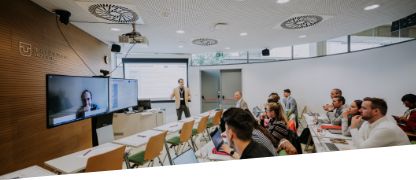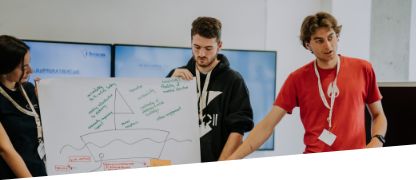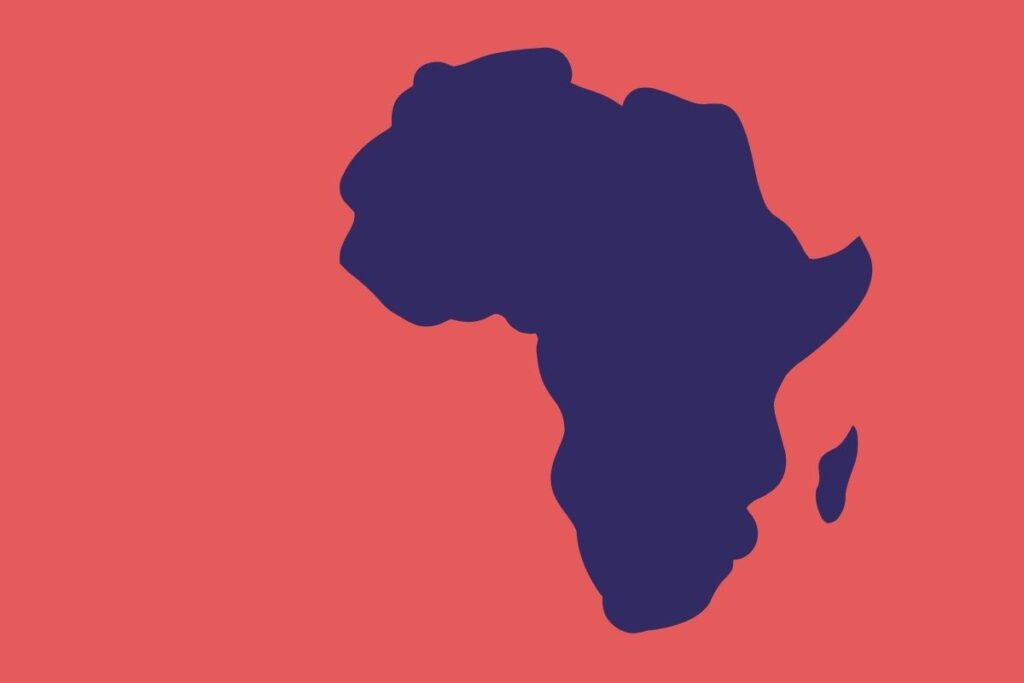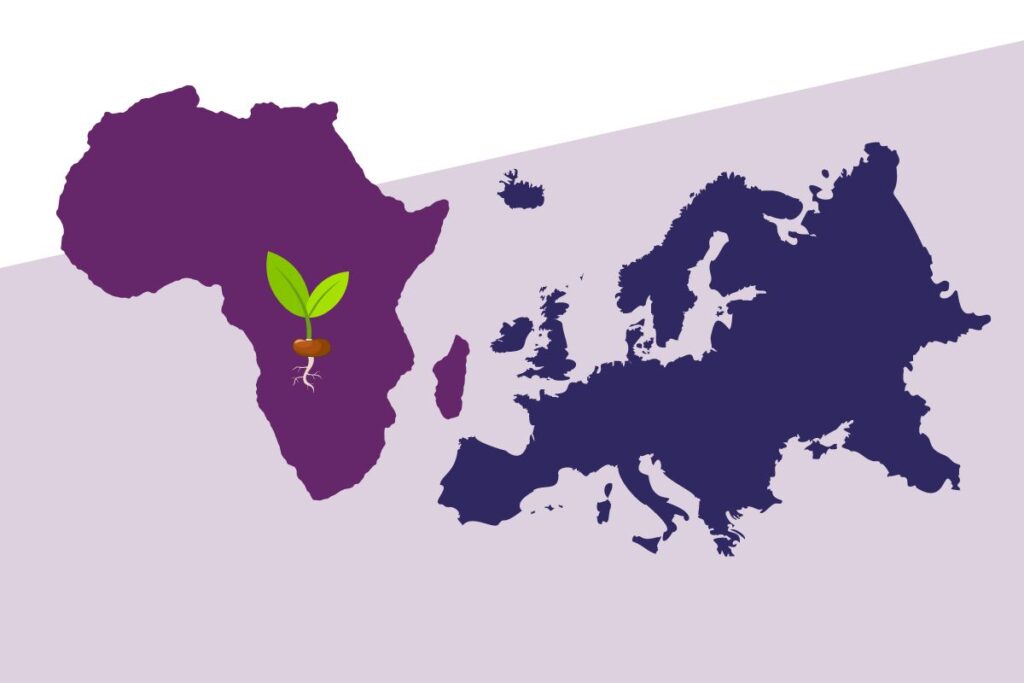NEEMA
Capacity Building in Higher Education through the development of a Food and Nutritional Resilience curricula adapted to the European Green Deal, Farm to Fork Strategy and to the needs of West Africa
The NEEMA project, whose name means “food” in Fula, a language of Senegal, is framed within the European Green Deal (EGD) and the Farm to Fork Strategy (F2F). NEEMA is funded through the ERASMUS EDU 2023 CBHE STRAND 2 call of the ERASMUS+ program by the European Education and Culture Executive Agency (EACEA) of the European Commission with a grant of €800,000, which finances 90% of the proposal.
The main objective of the project is to adapt these frameworks to the specific conditions of the Sahel and West Africa, focusing on mitigating the negative impacts on food and nutritional security, especially for the vulnerable populations in the region. NEEMA seeks to strengthen the participation of higher education institutions in West Africa to improve their capacities in food and nutritional resilience, allowing better adaptation to the challenges posed by the EU Farm to Fork Strategy and its impact on the region.
Led by the University of Seville and in collaboration with multiple African and European universities, NEEMA is organized into five work packages (WP) that cover management and coordination to communication and dissemination. With a duration of 36 months starting in February 2024, NEEMA focuses on specific objectives that include the design of contextual curricula, the implementation of a pilot social innovation initiative, and the enhancement of cooperation between higher education institutions and European partners.
NEEMA Objectives
1. Design of Contextual Curricula
Develop a curriculum for Food and Nutritional Resilience (FNR) that adapts the EGD and F2F Strategy to the specific needs of West Africa. This new curriculum aims to provide higher education institutions with the necessary tools to train future professionals in critical food security topics tailored to the regional context.

2. Pilot Social Innovation Initiative
Implement a pilot initiative in Burkina Faso, Mali, Niger, and Senegal to enhance the capacities of the participating higher education institutions. This initiative seeks to support national FNR policies, fostering social innovation and equipping institutions to address food and nutritional challenges in their communities.
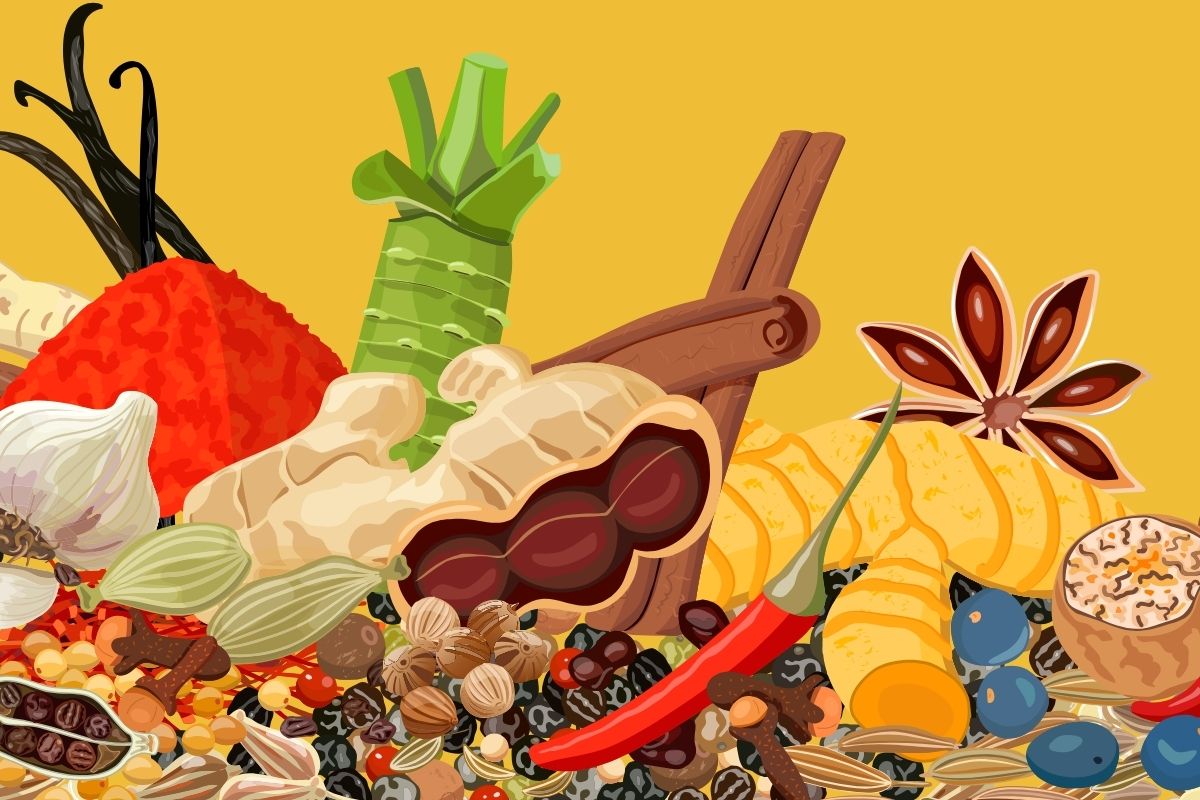
3. Improve Cooperation
Strengthen collaboration between higher education institutions in West Africa and their European partners on food and nutrition topics. This includes universities, European technology platforms, and selected groups, promoting the exchange of knowledge and experiences to jointly address food and nutritional security challenges in the region.

Milestones
The Neema project includes the following milestones, which are control points in the project that help to chart progress
MS1
Steering Committee
Creation of the Steering Committee and establishment of the main project rules concerning partners’ commitment and responsibilities.
MS2
New and Adapted Food and Nutritional Resilience Curricula
Detailed description of the FNR curriculum: general part and country-specific, theoretical and practical modules, face-to-face and online versions.
MS3
Social Innovation Model on Food and Nutritional Resilience
Development of the Governance dimension of the Social Innovation Model on FNR challenges.
MS4
Regional Academic Network for Food and Nutritional Resilience
Creation of a stable platform for the exchange of academic information and collaboration among all partners, open to the participation of other partners from Europe and Africa interested in developing research and training projects on FNR challenges and the impact of the EGD and the Farm to Fork Strategy in Africa.
MS5
NEEMA Strategy and Action Plan on Food and Nutritional Resilience Challenges
Development of a comprehensive agenda to strengthen the capacity of higher education institutions and decision-makers to meet the research and training needs of Food and Nutritional Resilience challenges in West Africa and the Sahel.
MS6
Communication, Dissemination, and Exploitation Plan
Elaboration of a dissemination and exploitation strategy for the project.
MS7
Project Website
Decision on the specific contents to be uploaded to the website, frequency, and languages to be used.
About NEEMA
NEEMA: Capacity Building in Higher Education through the development of a Food and Nutritional Resilience curricula adapted to the European Green Deal, Farm to Fork Strategy and to the needs of West Africa. NEEMA has received funding from the European Union under the Grant Agreenment no 101128930. The views and opinions expressed in this communication are however those of the author(s) only and do not necessarily reflect those of the European Union. Neither the European Union nor the granting authority can be held responsible for them.

